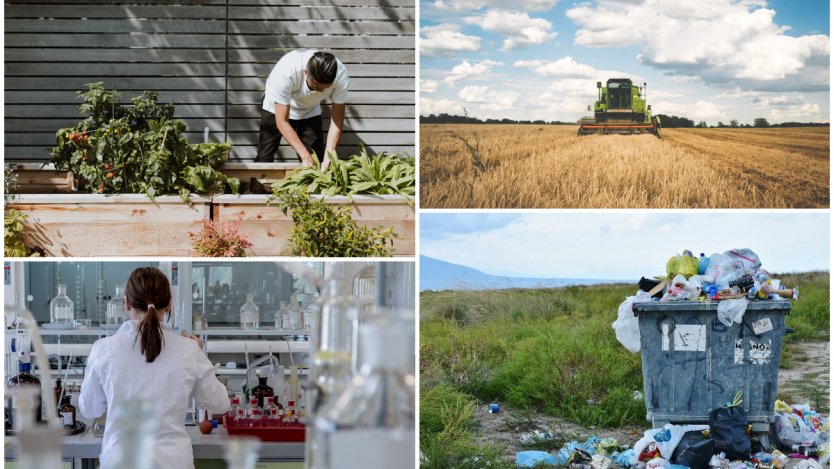The details surrounding Canada’s impending ban on single-use plastics were revealed by the federal government this week, citing grocery bags, straws, and plastic cutlery among the list of items that will be banned by the end of 2021.
According to recent studies by Dalhousie University, Canada has seen a surge in home gardening since the onset of COVID-19, with roughly one in five Canadians growing their own food for the first time in the past few months. Speaking of food-growers, Canadian farmers are finally set to receive critical funding that will cover essential costs associated with protecting the health and safety of their workers.
Finally, Edmonton Food Banks were the recent recipients of an unexpected benefit from Edmonton’s NHL bubble, receiving over 45,000 kilograms of unused food. The Edmonton Oilers Community Foundation, who purchased the leftovers for just over $100,000, said a significant portion of the investment was generated through proceeds from its online 50/50 draw that took the province by storm last month.
Let us help you catch up on some of the biggest food news stories from the past week.
Federal government defines 2021 single-use plastic ban
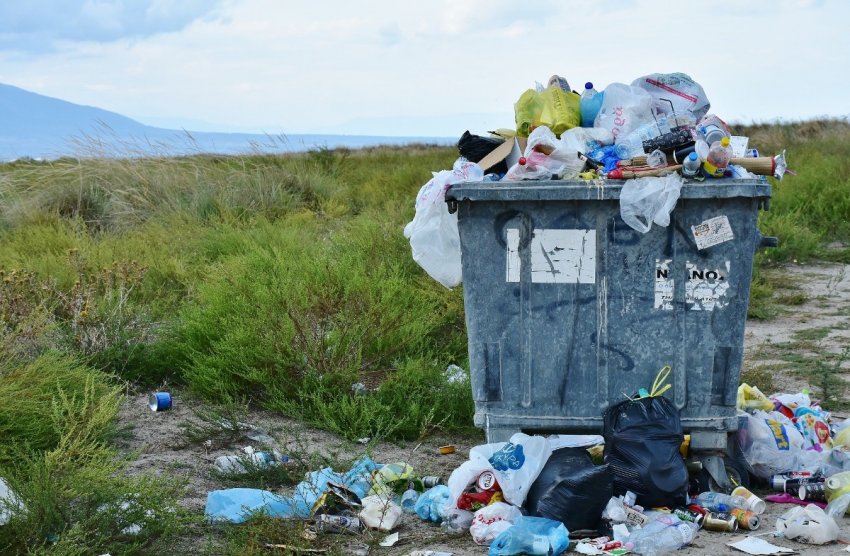
This week, Environment Minister Jonathan Wilkinson unveiled which single-use plastics will be covered by the national ban coming into effect next year.
Wilkinson said the government considered plastics that are harmful to the environment and hard to recycle, and listed grocery bags, straws, six-pack rings, plastic cutlery, and food takeout containers made from hard-to-recycle plastics as items that will come under new regulations by the end of 2021.
Head to CBC News for more on this.
Pandemic sparks surge in home gardening
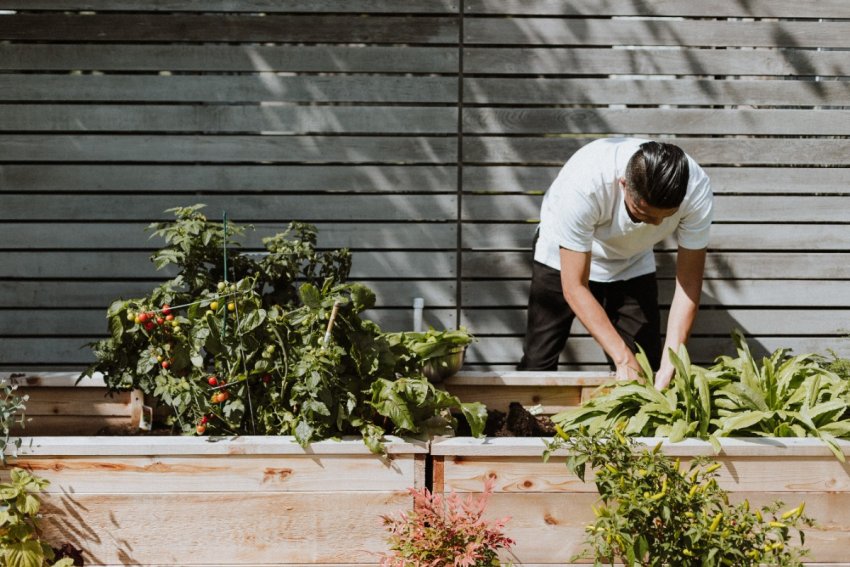
A new report examining Canadians’ home food gardening in response to the pandemic was published this week by Dalhousie University’s Agri-Food Analytics Lab (AAL), and according to the researchers, “pandemic gardening is definitely a thing.”
The report suggests that roughly 51 per cent of surveyed Canadians grow at least one type of fruit or vegetable. The findings also showed that nearly one in five started growing their own food for the first time during the pandemic.
Get the full breakdown from the National Post.
Federal government invests $35 million in emergency funding to help make farms safer
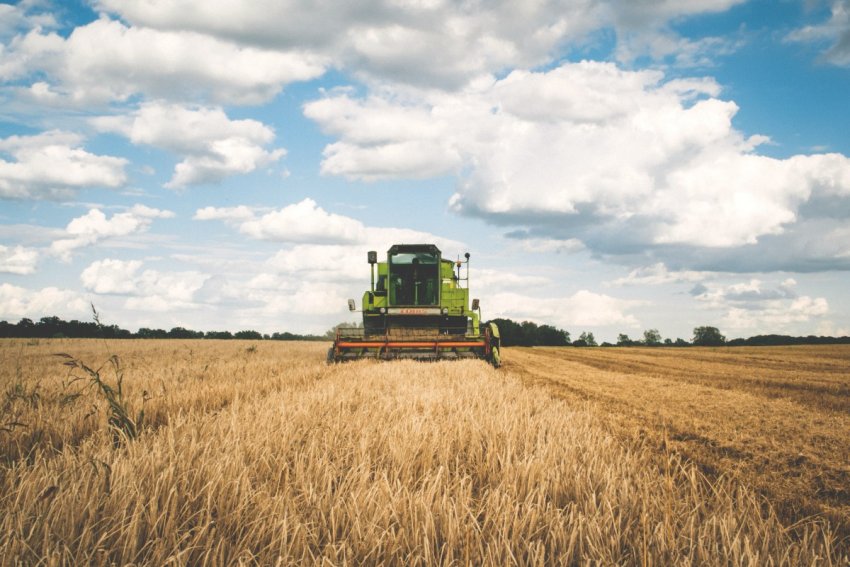
A new program put in place by the federal government will allow Canadian farmers to apply for emergency funding to help protect their workers during the pandemic. According to Agriculture Minister Marie-Claude Bibeau, the government will cover 50 per cent of the costs under the program, and 60 per cent if the farm is owned by women or youths.
For now, only farmers in Saskatchewan, Alberta, New Brunswick, Newfoundland and Labrador, Yukon and the Northwest Territories are eligible to apply.
Find out more at CTV News.
Canada’s raspberry scandal pieced together for the first time
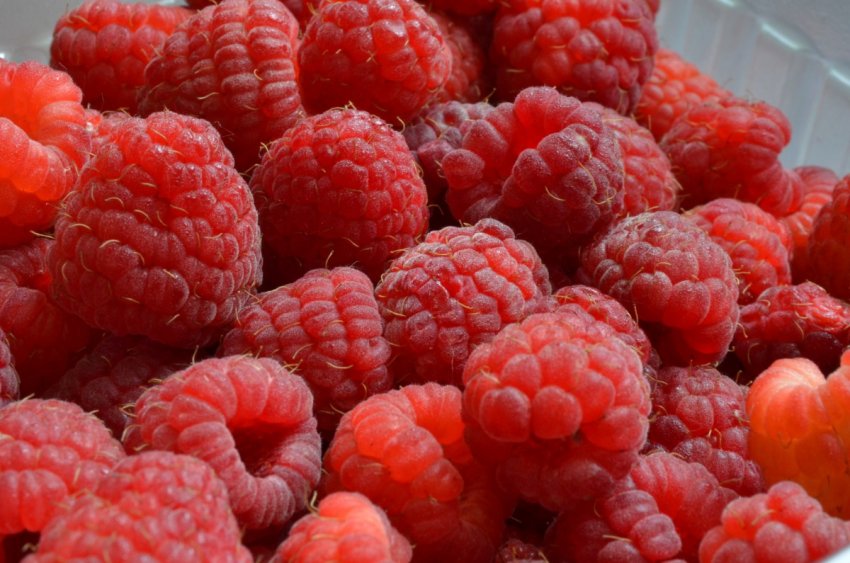
A recent investigative article published by Reuters has been circulating across numerous North American media outlets this week, detailing new findings in the Canadian-Chilean-Chinese raspberry scandal that occurred between 2014 and 2017. During that time, at least $12 million worth of falsely repackaged and rebranded raspberries were imported into Canada, which contributed to a norovirus outbreak in Quebec that sickened hundreds of people.
The scheme, as Reuters explains, exposes the ease with which mislabeled, potentially dangerous products can enter into Canada.
Find the full story at Reuters.
Leftovers from Edmonton NHL bubble donated to Edmonton Food Bank
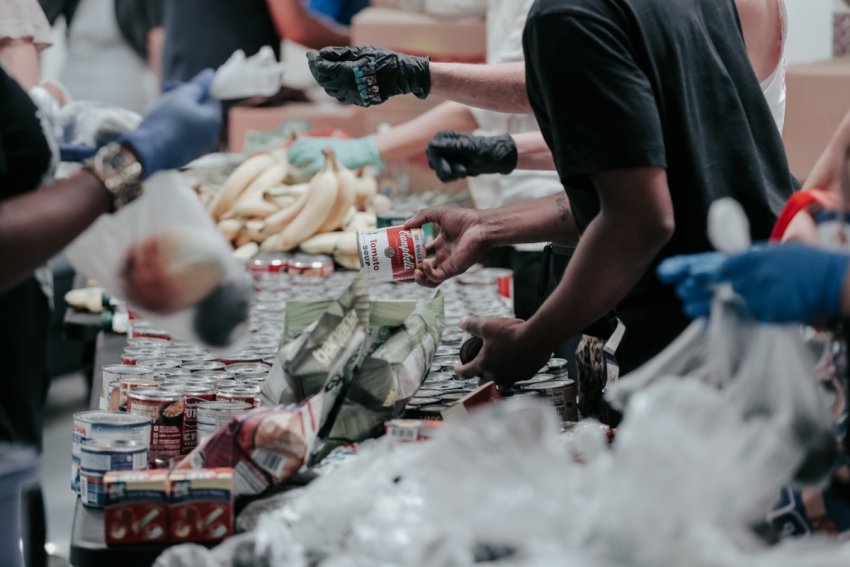
Over 45,000 kilograms of unused food from Edmonton's NHL bubble was recently purchased by the Edmonton Oilers Community Foundation (EOCF) and donated to Edmonton’s Food Bank. The purchase, which was said to cost just over $100,000, was provided in part by the EOCF’s recent online 50/50 draw.
Check out CTV News for more.
New food testing lab set to open in Sudbury

A new food testing lab is set to open in Sudbury, Ontario in the near future, which will allow a number of food and drink producers in the region the opportunity to test their products more safely and efficiently than ever before. Capella Innovation’s testing lab will also provide alcohol content testing for the growing community of breweries and distilleries in Northern Ontario.
Get the full story from CBC News.
Chef Antonio Park irritated after unusually long inspection
Celebrity chef Antonio Park’s Park restaurant in Montreal was subject to an unusually long inspection this week that left the acclaimed chef both puzzled and irritated. Park reportedly “denounced the zeal” of the inspector and suggested that she was determined to find a problem, whether one existed or not.
In response to Park’s objection, the City of Montreal indicated that it carried out a regular routine inspection. No violations were cited against Park.
Visit the Journal de Quebec for the whole story.

